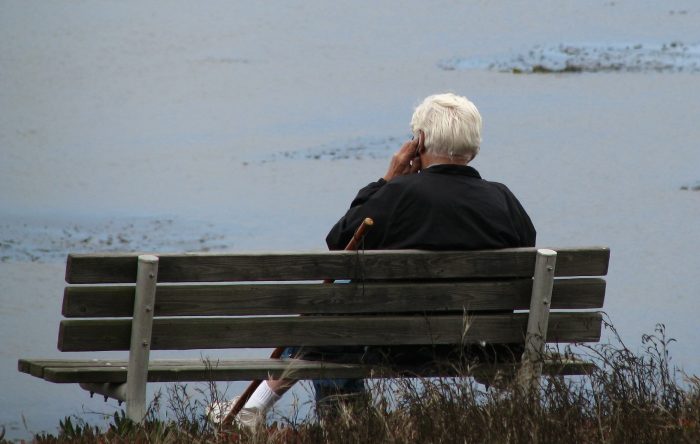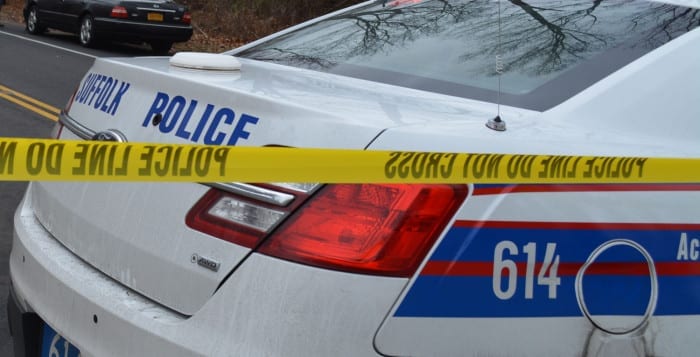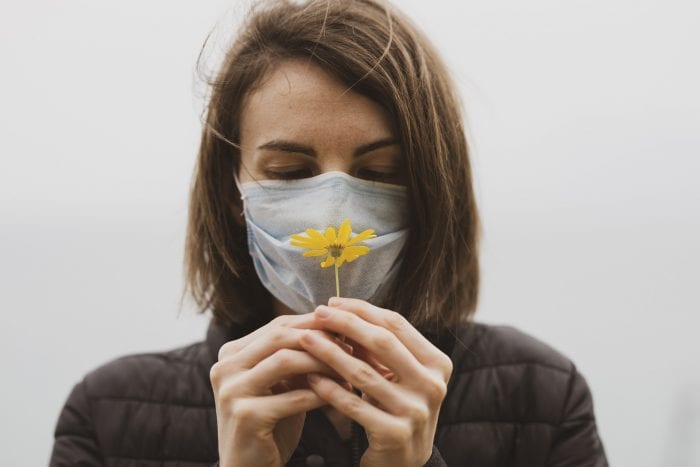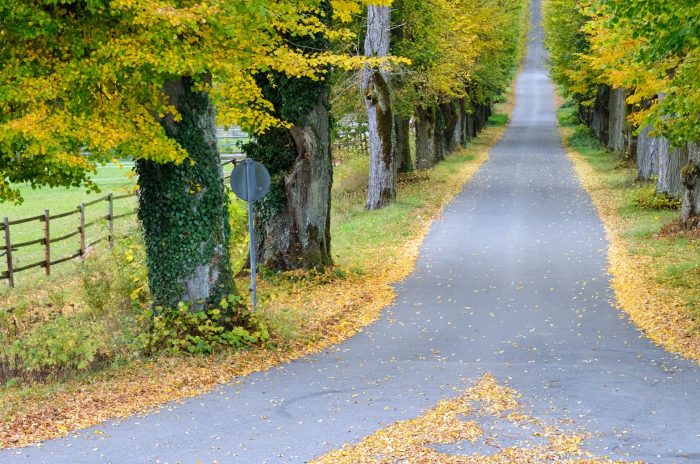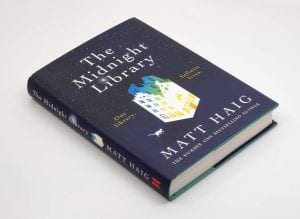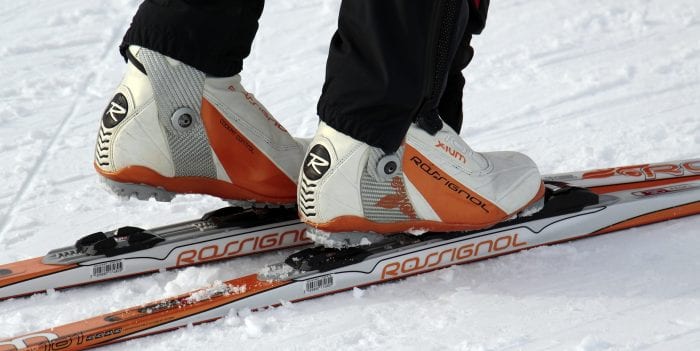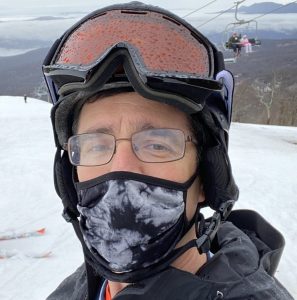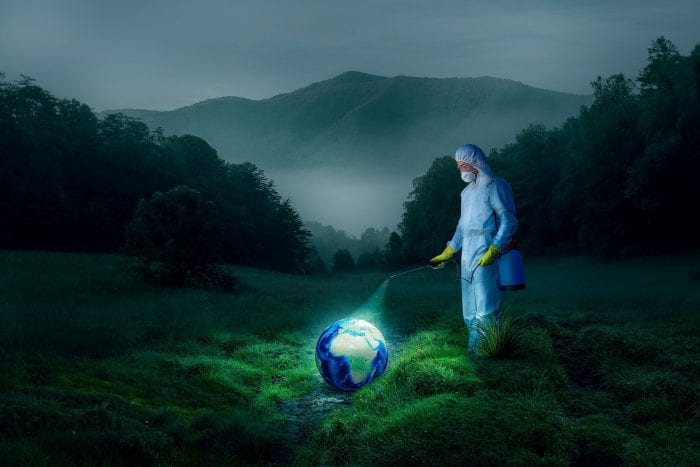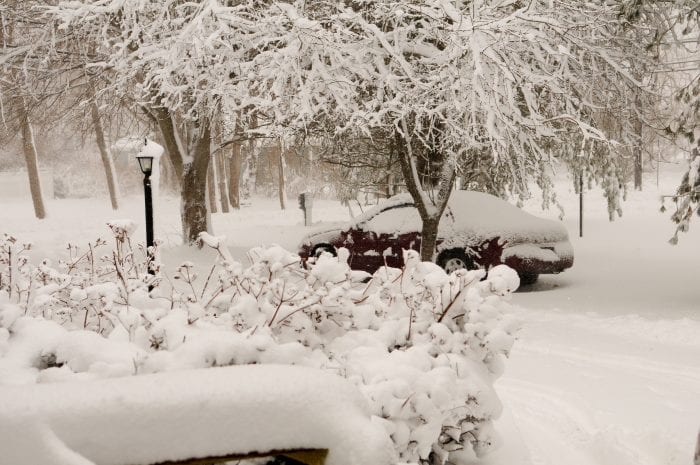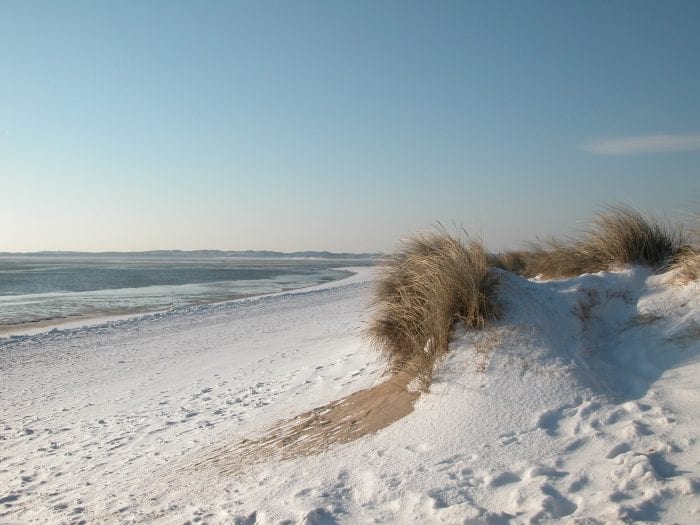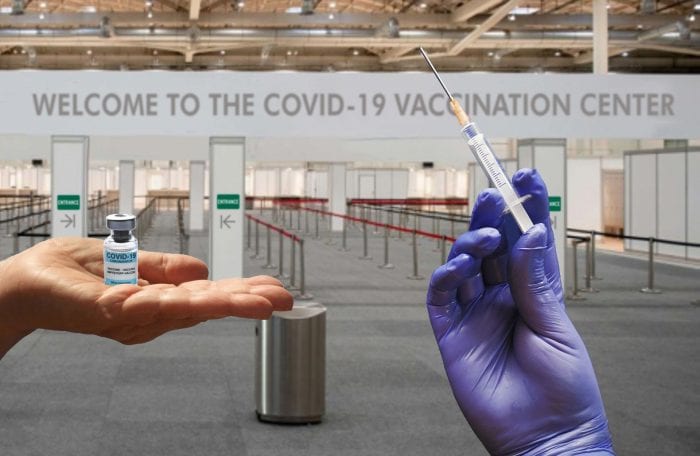By Daniel Dunaief

After a year filled with various kinds of losses in 2020, many residents are coping with emotional burdens, including a calendar filled with anniversaries of painful memories.
Called the anniversary effect, people who have been grieving losses are approaching and, in some cases have passed, the one year anniversary of the death of a family member, the last time they saw a family member in person, or the day they dropped a friend who couldn’t breathe off at a hospital.
“It’s good to acknowledge an anniversary is coming up,” said Mandi Zucker, a licensed social worker with a certificate in grief recovery and in thanatology, which is the study of death and dying. Those who feel comfortable offering their support might want to ask someone who is grieving what they are doing, if they have any plans and how they might spend the day.
Zucker, who is the founder of Inner-Harbor, a center that helps young adults who are grieving, cautioned that reaching out to someone only as an anniversary approaches might backfire.
If the anniversary is the only time someone reaches out, “that might feel disingenuous,” Zucker cautioned. People who are grieving might wonder “where you’ve been for the past year, if you are reaching out as if the other 364 days have not been difficult.”
People eager to provide support to the many residents who are dealing with the symptoms and after effects of grief should first make sure they are comfortable enough with their own lives to respond to their family and friends.
“Don’t ask if you’re not ready to hear it,” Zucker suggested. “If you’re going through something yourself and you’re in a hurry and don’t have the time, don’t ask.”
Support often takes the form of listening, rather than interrupting or talking. Zucker suggests people encourage those who are grieving to speak, without interrupting them, sharing their own anecdotes or judging them.
While it might not sound like long, two minutes is considerably longer than most people can offer their thoughts and feelings, as others typically interrupt well before then.
“There is nothing we can say that’ll fix” grief, Zucker said. “Our goal to be supportive is to let them say more. When you’re talking with them, think about why you are talking.”
Commenting on someone’s experience, by acknowledging that their description sounds sad, scary or painful, gives them an opening to continue to share.
When someone says, “It’s been rough with COVID,” almost everyone can offer their own experiences with the virus, the losses of freedom, and opportunity that they’ve felt, she said. Even though a supporter might want to share their experience to relate, the person who is grieving is likely better off having an opening to continue to share and experience their feelings, Zucker suggested.
Sometimes, just allowing the person to tell you to go away gives people control over a life that seems out of control.
“You can give them space, [but] you can also send an email or text saying that you are still thinking about them,” Zucker said. “You don’t have to imply that they must respond.”
Zucker is a fan of handwritten notes, which provide a material connection when someone doesn’t feel like talking, but can see a physical reminder of their connection to others.
If people notice that someone who is grieving isn’t getting dressed or showering, they can comment on it, letting them “know you see them.”
Zucker has a contrary view to the comment people often receive about being strong. For her, people show strength by being vulnerable, not by masking their feelings.
People who might be experiencing grief might also need to diversify their sources of support and strength. That could include meditating or going for walks.

